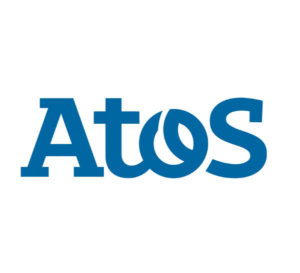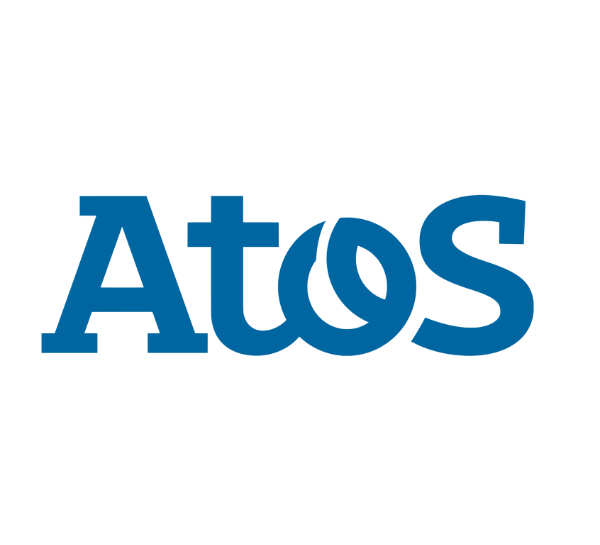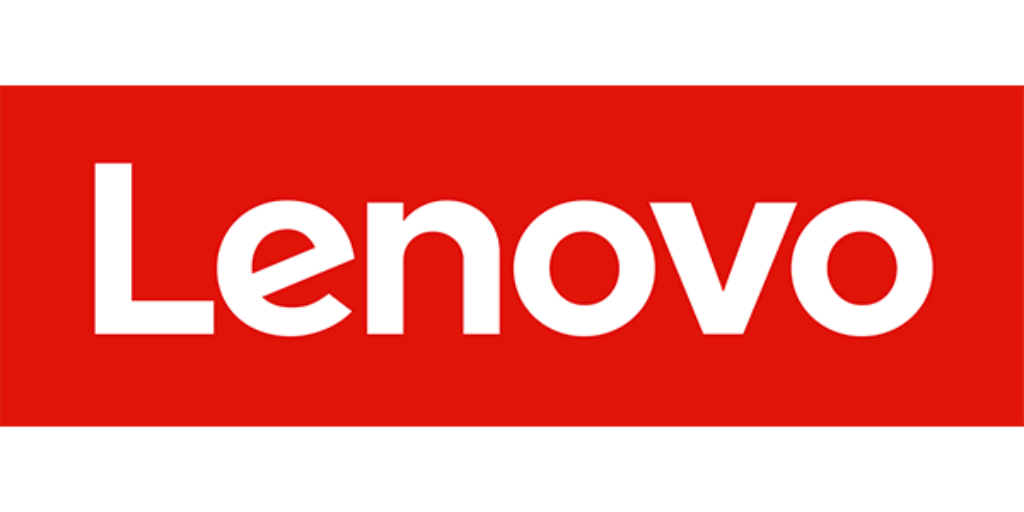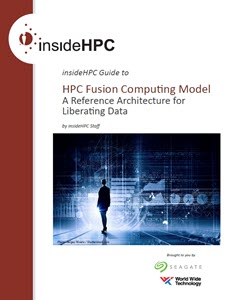 Today Atos announced the winners of the 2019 Joseph Fourier Award. The award aims to accelerate research and innovation by rewarding projects in the fields of numerical simulation and Artificial Intelligence (AI).
Today Atos announced the winners of the 2019 Joseph Fourier Award. The award aims to accelerate research and innovation by rewarding projects in the fields of numerical simulation and Artificial Intelligence (AI).
It’s really exciting to see such high-quality projects in the fields of HPC and AI and I’d like to congratulate all the scientists and researchers for their hard work and innovative ideas,” said Sophie Proust, Group CTO at Atos. “At Atos we’re proud to be supporting innovations that will lead to tangible industrial applications.”
The jury, which was made up of independent industry figures from the French scientific and industrial sectors, awarded the following winning teams:
Numerical simulation
1st prize (10 000 €): Professor Elie Hachem and his team at Mines ParisTech (Paris School of Mines), for his work on parallel anisotropic meshing and immersed methods for high fidelity computational mechanics. These modelling tools are 100 – 1,000 times more accurate than those currently available for modeling materials. They provide an in-depth understanding of the behavior of the material and also enable new physical phenomena to be discovered. These modelling tools are already used on the most powerful supercomputers on the planet, as well as by more than 500 manufacturers in aeronautics and other sectors, to accelerate design-industrialization cycles.
2nd prize (200,000 hours of machine time on a GENCI supercomputer) honored Dominique Aubert and his team from Strasbourg University, CNRS and Scuola Normale Superiore in Italy for GARLHYC (GAlaxies and Reionization simuLations using HYbrid Computing). This software is optimized to make it possible, with current HPC means, to simulate the first billion years of the universe, and in particular, the formation of the first massive objects such as galaxies. It is already being used on a very large scale on some of the most powerful supercomputers that exist today.
Artificial Intelligence (AI)
1st prize (10 000 €) awarded to Pierre Yves Oudeyer, Research Director at INRIA Bordeaux, for his project on Deep Curiosity-driven Autonomous Machine Learning. These algorithms study the foundation of human curiosity, in order to enable generic AI self-learning. They can be applied to a vast number of areas, including teaching and learning methods, Industry 4.0 and robotics, and more generally, future distributed and cooperative Artificial Intelligence.
GENCI Special Prize (50,000 GPU hours of machine time on an AI-specialized GENCI supercomputer) honored Filippo Vicentini and Alberto Biella, from Paris Diderot University, who have developed an algorithm which creates a link between AI and quantum physics, increasing the simulation capabilities of future generations of computers.
GENCI is very pleased, for the tenth year, to be associated with the Joseph Fourier Prize which promotes scientific excellence and its impact on society,” said Philippe Lavocat, CEO of GENCI. “As a member of the jury, the entries are again this year of a very high scientific quality, in both HPC and AI categories. Through this award GENCI wishes to offer French researchers access to its best supercomputers, including the new extension of Atos’ supercomputer, named Joliot-Curie, at the TGCC (the CEA’s Very Large Computing Centre), which will be increased to more than 20 petaflops in 2020.”




